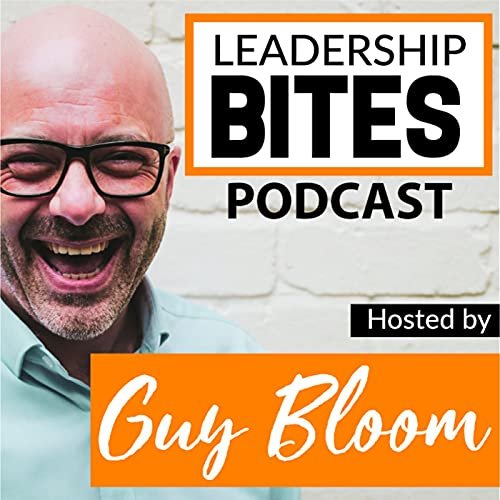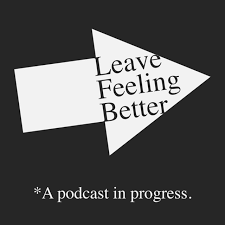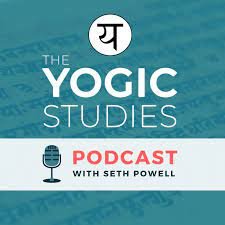In this episode of Leadership Bites, Francesca Donnellan the CEO of 29 London and Global Talent Network Group shares her entrepreneurial journey, discussing the challenges and triumphs of running her PR and marketing businesses.
She emphasizes the importance of discipline, time management, and the need for authenticity in branding.
The conversation explores the evolving landscape of PR, the impact of AI, and the significance of building strong client relationships.
Francesca highlights the long-term value of PR in marketing strategies and the necessity of understanding brand narratives to effectively connect with audiences.
Takeaways
- Francesca runs two successful businesses in PR and marketing.
- Entrepreneurship requires grit, determination, and discipline.
- Time management is crucial for success in business.
- Procrastination can hinder productivity and progress.
- Building relationships is key to successful PR and marketing.
- Authenticity is essential in branding and marketing.
- AI is changing the landscape of PR and marketing.
- Client relationships should be nurtured for long-term success.
- PR is a long-term strategy that builds brand awareness.
- Understanding brand narratives is vital for effective marketing.
Chapters
00:00
Introduction and Background
03:18
The Journey of Entrepreneurship
06:16
Time Management and Discipline
09:22
The Reality of Entrepreneurship
12:18
Building a Business and Self-Motivation
15:15
The Role of PR in Marketing
18:20
Navigating Industry Changes and Authenticity
25:44
The Rise of Influencers and Authenticity
30:44
Building Relationships in Business
36:34
Understanding Brand Narratives
42:52
The Impact of AI on Branding and PR
49:16
The Long Game of PR and Marketing
To find out more about Guy Bloom and his award winning work in Team Coaching, Leadership Development and Executive Coaching click below.
The link to everything CLICK HERE
UK: 07827 953814
Email: guybloom@livingbrave.com
Web: www.livingbrave.com



















